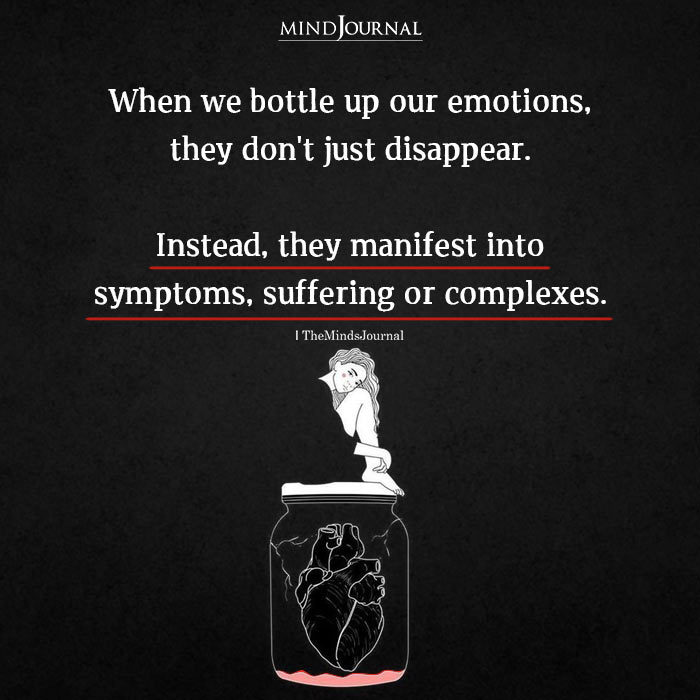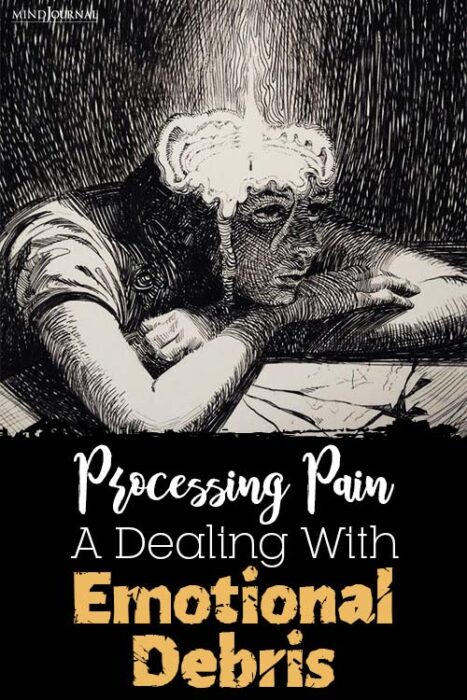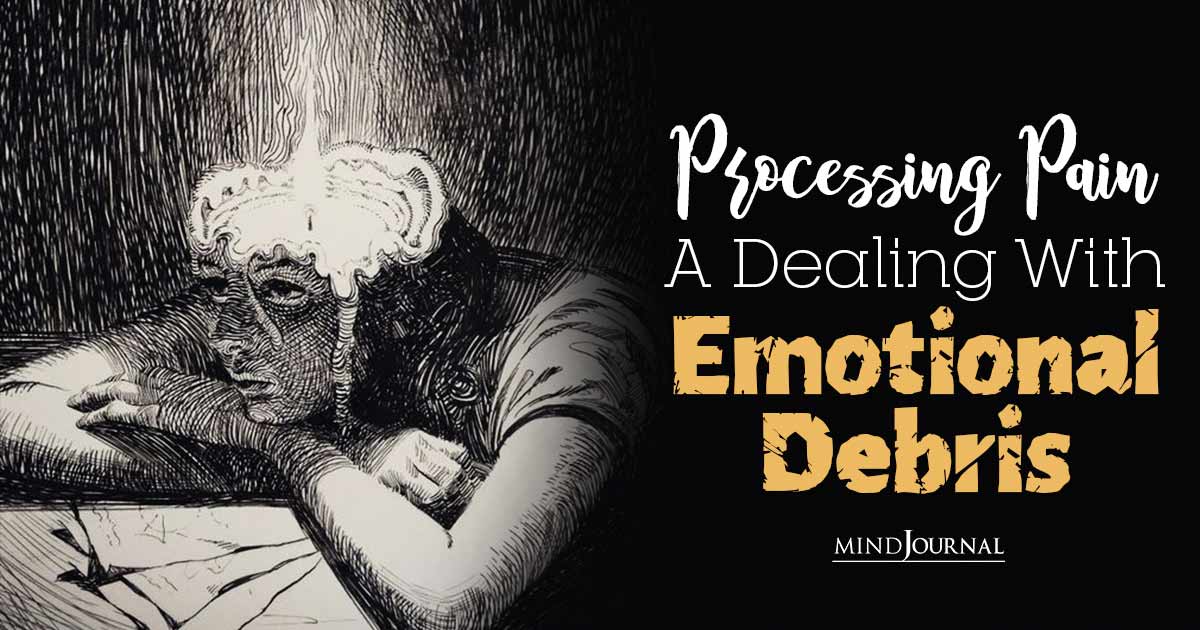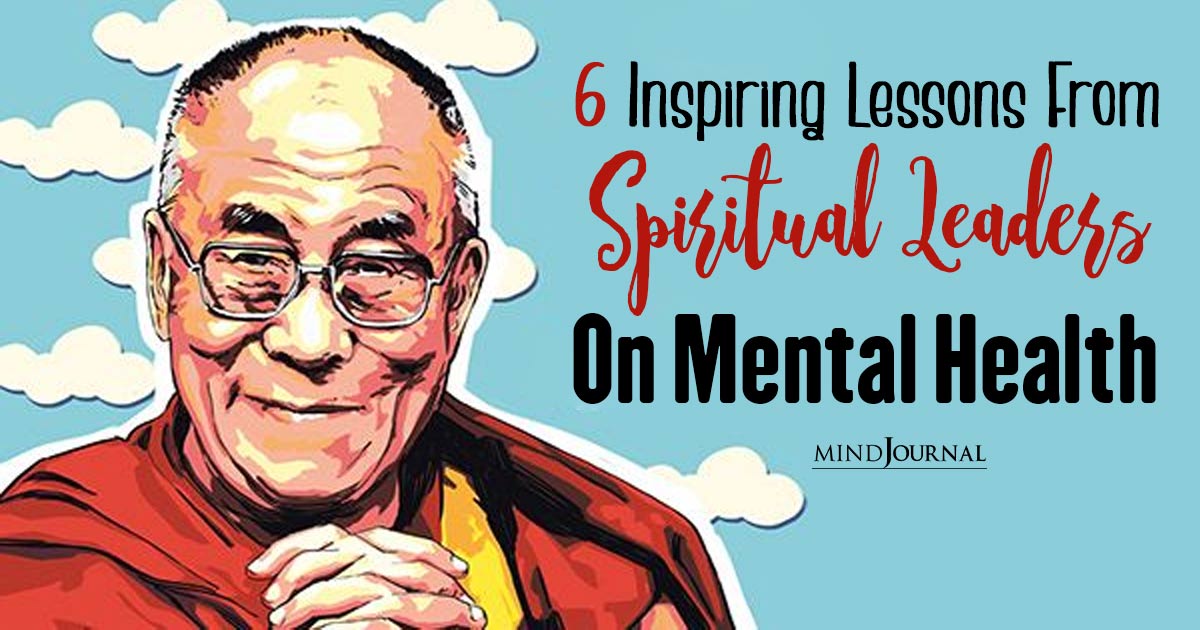Holding onto your emotional debris will only prolong your pain and suffering. Getting rid of emotional debris is important when it comes to living a happy and content life, but sometimes that is easier said than done. In this article, we will talk about what is emotional debris and the connection between unprocessed emotions and emotional debris.
Key Points
- Emotional debris is unprocessed pain, and as long as a person holds onto it, it can continue to resurface.
- Unprocessed emotions can lead to negative self-talk, numbing, and avoidance behaviors.
- By processing past hurts, one can make way for greater happiness and growth.
Life is a series of experiences. Some make us feel loved, appreciated, supported, and capable. But some experiences fill us with shame, fear, anger, envy, or dread, and leave us feeling depleted, defeated, abandoned, unloved, alone, hopeless, and in low self-esteem.
To bury the pain, we often distract ourselves. But buried pain—unless and until we deal with it—has a way of resurfacing.
When life is good, we make good choices for ourselves and manage our relationships, life tasks, and responsibilities with minimal difficulty. But when the going gets tough, life can quickly devolve into a whole different story.
Related: How To Fully Release Difficult Emotions That Hold You Back
When we find ourselves in rough waters, experiencing unpleasant emotions, we engage in negative self-talk and seek solace in numbing behaviors. In a 2016 post on Psychology Today, author Lisa Firestone, Ph.D., explores how facing, rather than running from our emotions, helps conquer addictions.
Numbing behaviors come in all shapes and forms, from overworking, overeating, or oversleeping, to over-imbibing in mind-altering substances like alcohol or drugs or reaching for distractions like pornography, video games, or binge-watching TV.
Some people turn to obsessive shopping, gambling, or socializing to distract and suppress unpleasant feelings when they arise.
The Power of Emotions
Emotions—positive and negative—come on strong. We’re all familiar with the flood of positive emotions and sensations we feel when we receive good news, like a promotion, a raise, or a new and exciting opportunity.
Bad news, on the other hand, is often described as a “punch to the gut.” We’ve heard of people being “frozen in fear” or “burning with rage” when threatened or offended, or when something doesn’t go as planned. Bad news or unkind words from a friend or family member can hit us “like a ton of bricks.”
Positive and negative emotions hit us both emotionally and physically the moment they show up. These feelings can be powerful and overwhelming.
And when an experience and its accompanying emotions are negative and painful, we often try to minimize or ignore the resulting negative emotions. We ignore them and engage in all manner of self-distraction as a means of avoidance.

Numbing Negative Experiences
We may think we’re taking care of ourselves by keeping the bad feelings at bay. But even our distractions can’t keep us from eventually replaying negative experiences in our minds, and catastrophizing events to a point where we spiral into a state of anxiety and self-doubt.
We can find ourselves in a state of despair and dread, where we choose to numb our feelings.
Numbing may provide temporary relief, but prolonged numbing can leave us broke, addicted, detached, and distanced from the people who care about us. We become lost and confused about life, and lose self-connection and self-esteem.
This can lead to settling for less in life and limiting our potential for fulfillment and happiness. Suppressing rather than processing past hurts leaves us with emotional debris.
Related: How To Turn Your Painful Emotions Into Superpowers
Dealing With Emotional Debris
The more emotional debris we carry, the more vulnerable we are. As a clinical psychologist, I work with many patients who struggle with past hurts and negative memories that resurface, especially when they are dealing with a challenge in the present.
I label these painful memories emotional debris, and I liken pervasive negative memories that pop up from the past to boulders in a farmer’s field.
Like farmers who need to remove the boulders each spring before planting a new crop, we need to engage in the process of clearing up our emotional debris. If we don’t, it will keep showing up and standing in the way of planting the seeds for the life we want.

Letting Go
Emotional debris is unprocessed pain. As long as we hold onto our emotional debris, it continues to resurface, especially when we are most vulnerable.
We need to clear and process our pain in order to regulate our emotions and make way for our growth and happiness. We can begin by deciding to clear our emotional debris.
We then need to sit with our negative emotions and allow ourselves to acknowledge and feel our feelings fully. We need to examine who we blame and the role we ourselves may have played in a painful situation.
We need to forgive ourselves and others and acknowledge what we have learned from even our most painful experiences.
Once we’ve processed our pain, we will still have memories, but their effect will no longer be intense or upsetting. We can choose to put our past hurts where they belong and can no longer hurt us, and we can begin to heal, clear, process, evolve, and create the life we want.
Related: How to Stop Being an Emotionally Repressed Person: Crying Therapy
Clearing Emotional Debris
By cleaning and clearing the emotional debris of past hurts and negative emotions, you can make way for a happier future.
Start with the following actions:
- Deciding to let go of past hurts
- Sitting with negative emotions around painful memories
- Acknowledging your part in a negative situation
- Forgiving and releasing yourself and others from past hurts
- Bringing in self-care and help from others when needed
Written By Monica Vermani Originally Appeared On Psychology Today









Leave a Reply
You must be logged in to post a comment.